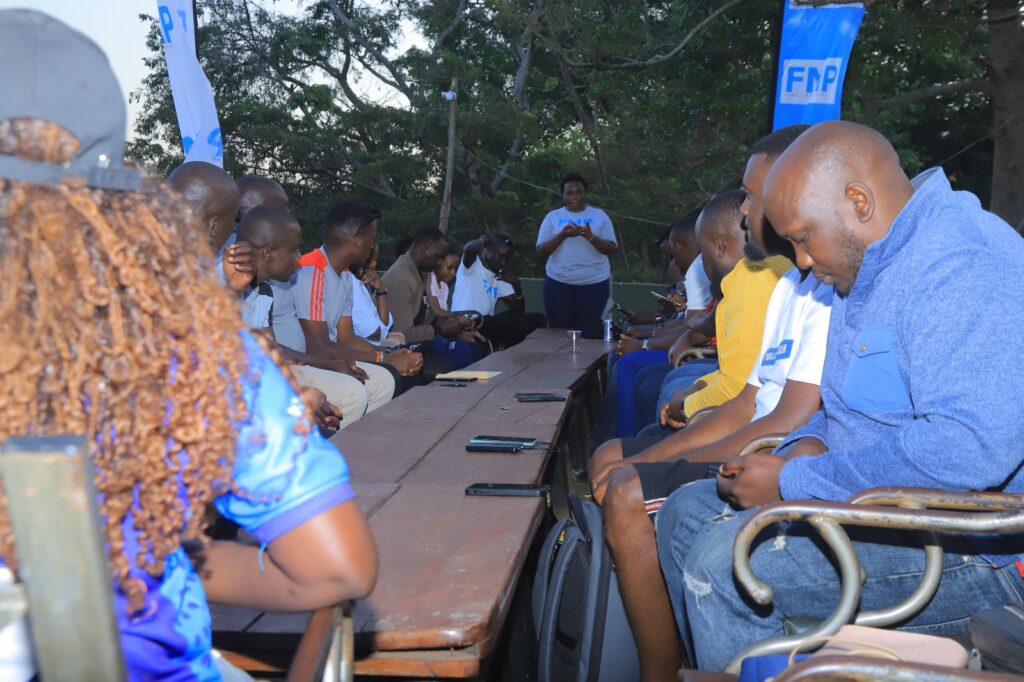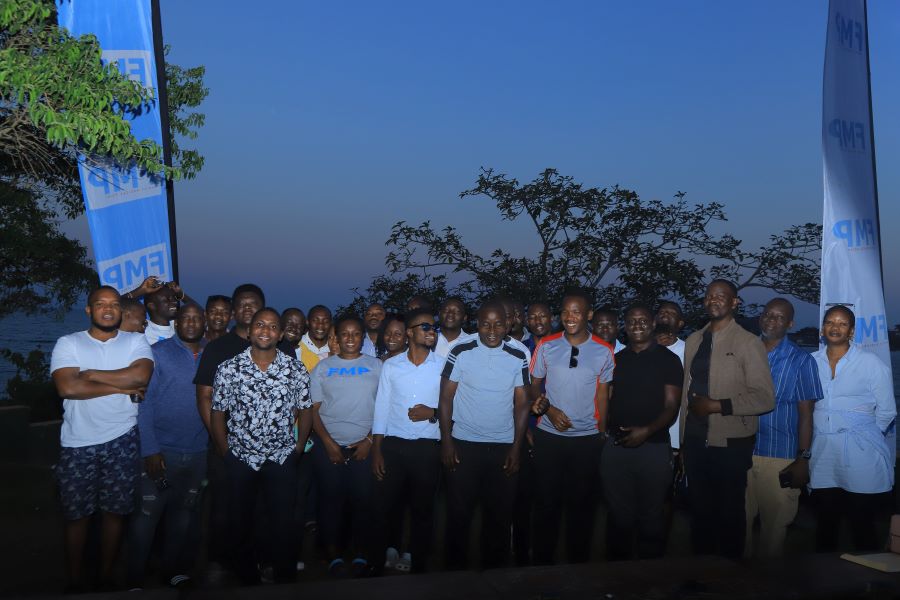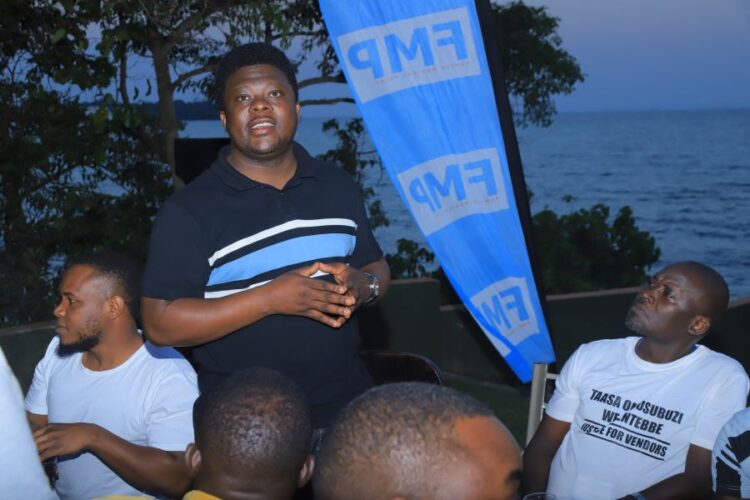On Saturday, 30th September 2025, Family Medical Point hosted a media cafe at Botanical Gardens – Entebbe, drawing journalists from across the country for an evening of networking, reflection, and candid conversations.
The engagement, described by organizers as “a mega interaction” with the press, is part of a long-term initiative aimed at fostering better collaboration between the media and health advocates.
Mr. Moses Odongo, the Executive Director at Family Medical Point, said the initiative seeks to provide journalists with closer access to real-life stories that shape health coverage.
“Day by day, our interest in partnering with the media is to give you access to people whose lives your reporting impacts,” Mr. Odongo said. “When you interface with real-life stories, you are able to write in a more accurate manner and with depth, because some of your reporting actually determines whether women and communities access health services or not.”
He revealed that Family Medical Point is spearheading an intervention running up to 2027, which places journalists at the center of the conversation. “One major component of this program is to walk with the journalists,” Mr. Odongo explained. “Through this collaboration, we want to create spaces where we can sit together, exchange ideas, and understand how best to enhance coverage. Well-angled press coverage of health issues improves access to services and informs policy decisions.”

The event was designed as a casual social evening, with food, drinks, and an “after-party” to allow journalists and health advocates to mingle freely. Mr. Odongo stressed that the approach was not about public relations, but about building trust and lasting partnerships that will propel access to health services. “We do not seek PR from you,” he emphasized. “This is not about bribing you with a drink and asking you to write a positive story tomorrow. It’s about a natural relationship where we understand each other. Sometimes we may support you to do an independent investigative story, or sit with you and your editors to explore creative ideas. That is the essence of this engagement.”
He noted that while Saturday’s gathering was the largest so far, similar meetings will continue over the next two to three years. “This is just the beginning,” Mr. Odong said with a smile. “We might meet next time in a hotel, or even in another country, but the aim remains the same, building stronger media-health partnerships that ultimately save lives.”
Family Medical Point (FMP) is a not-for-profit organization, championing sexual and reproductive health services for underserved communities across Uganda. Established in 2017, FMP provides rights-based healthcare through medical centers, mobile clinics, and targeted outreach programs in slum areas, fishing communities, and other hard-to-reach locations.
FMP’s initiatives focus on empowering women, youth, sexual minorities, and marginalized groups. Key programs include SRHR for All, which ensures access to comprehensive sexual and reproductive health services; Girls Empowering Girls, promoting reusable menstrual cups to improve educational outcomes; and the Pleasure Project, addressing both health and human rights for sex workers in fishing communities.
The organization also runs Musawo Sessions to foster open community dialogue and the CarePlus Project, which trains service providers and peer mobilizers in key fishing communities.
Speaking during the September 2025 Media Cafe in Entebbe, FMP Director, Mr. Moses Odongo, urged journalists to champion SRHR reporting. “Accurate reporting on sexual and reproductive health is vital to ensure that marginalized communities are informed and can access the services they need.”
With a mission to promote equitable healthcare access and a vision of a Uganda where everyone enjoys the highest attainable health, Family Medical Point continues to be a crucial voice for health rights in the country.




















Discussion about this post